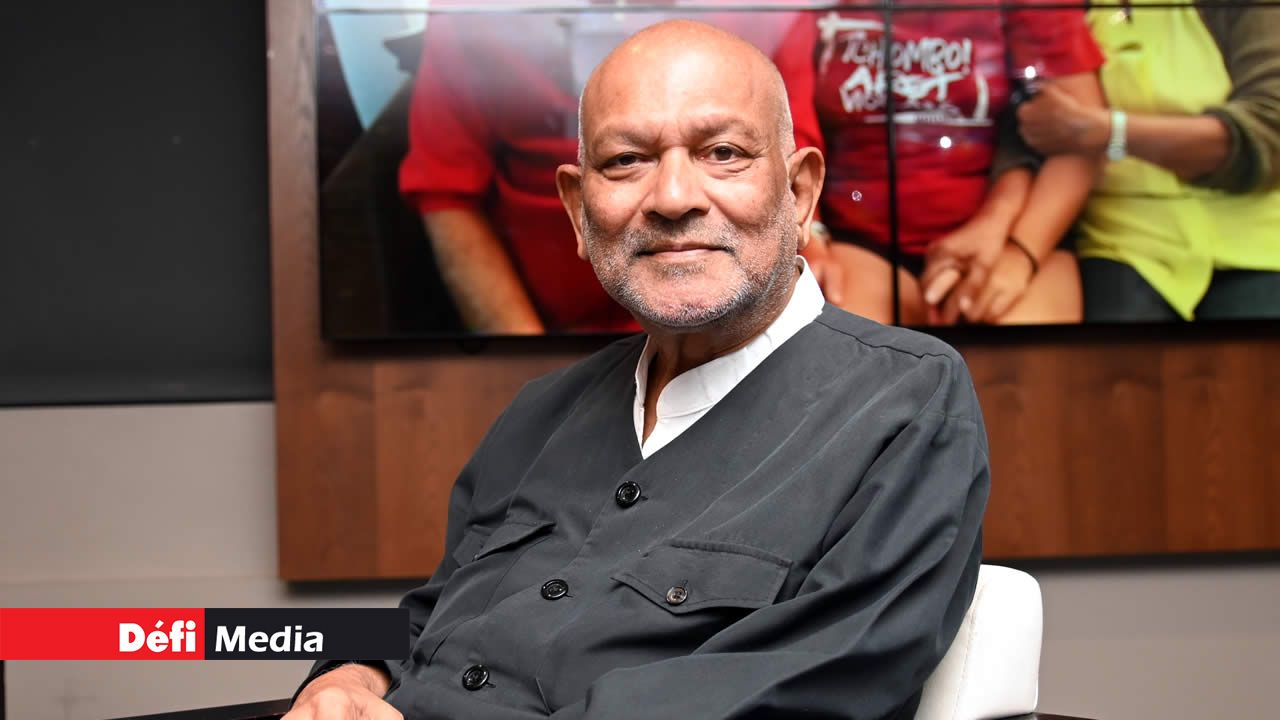
KOZ PAROL
People seem to love strange words without caring for meaning. I often hear them say that Mauritian Creole (MC) is a dialect, not a language. Would they care to know that a dialect is a language which is spoken in a specific region within a country – a regional variety of a given language? Do they mean that MC is a dialect of French? If so, it simply means that their knowledge of French is very close to zero for they are not aware that from a phonological and syntactic point of view MC and French are poles apart although French has influenced the lexical development of MC.
Another word which is used very loosely is patois. It is considered as a debased or corrupt form of a standard language.
Hence MC is considered as a patois of French. The best definition of patois was given to us by Dr. Peter Stein, a German linguist. A patois is a language spoken by a minority within a given country and the speakers of this language have to resort to another language if they want to be understood by the majority. People whose mother tongue (L1) is French (less than 4% of the population) normally use MC to communicate with people outside their milieu/immediate environment. In this context French is a patois, not MC which is the L1 of 90% of the population and the L2 (second language) of the remaining 10%. Hence used by 100% of the population.
ORIGIN OF MC
• Racists think that MC was born because slaves were unable to learn French because of their thick lips and flat noses. Their imitation of their master’s speech resulted in a crude approximation and general language corruption.
• A more sophisticated approach is known as the ‘substratum’ theory. According to that viewpoint, slaves used as a base their own language on which they pasted French words. This theory does not hold water for we know that the slaves came from different language communities in Africa and yet there is a uniformised MC syntax.
• The Nautical Lingua Franca hypothesis seems more acceptable now. The development of navigation in the Mediterranean Basin attracted mariners from different parts of Europe and on board different ships there were mariners from different language communities and nationalities. This led to the rise and development of a lingua franca used by mariners, colonists and slaves.
In the different colonies and plantation economies, the nautical lingua franca underwent a process of relexification – the syntax remained more or less the same but there was a vocabulary change. MC adopted and adapted words of French origin (lexifier language). In Jamaica, English became the lexifier language. This also explains why Haitian Creole and MC are syntactically so close.
THE WHOLE TRUTH
There are more than 100 creole languages in the world. Some of them developed in colonies which thrived on slave labour but not all. Sango, Afrikaans or English are creole languages which did not develop in plantation economies or under slavery. Note that Afrikaans is one of the national languages of the Republic of South Africa; Sango is both the national and official (together with French) language of the Central African Republic; English has become the quasiuniversal language of planet Earth.
It is now believed that when a community is made up of people speaking different languages not mutually intelligible, a new speech emerges based on language universals with which our DNA is programmed. Initially, it is simple with a few basic rules (tense, aspect, singular/plural, gender etc.) and a very limited vocabulary. This stage is known as ‘pidgin’. It is nobody’s mother tongue. With time, children are born whose L1 is the new language. With the passage of time, the phonology and syntax become standardised and the lexis becomes more robust and sophisticated. This is the second stage known as ‘creole’. In due course, the language is identified with a people or country and a name change may take place. Because MC is a very advanced and sophisticated creole, the L1 of 90% of the Mauritian population and the L2 of the remaining 10%, it is legitimate to consider calling it Mauritian, the national language of Mauritius.
LI DIFISIL FER BOURIK MANZ LAZLE
OUSA FER PAPA TANG OUVER LIZIE.
01.05.22
DEV VIRAHSAWMY
 J'aime
J'aime













